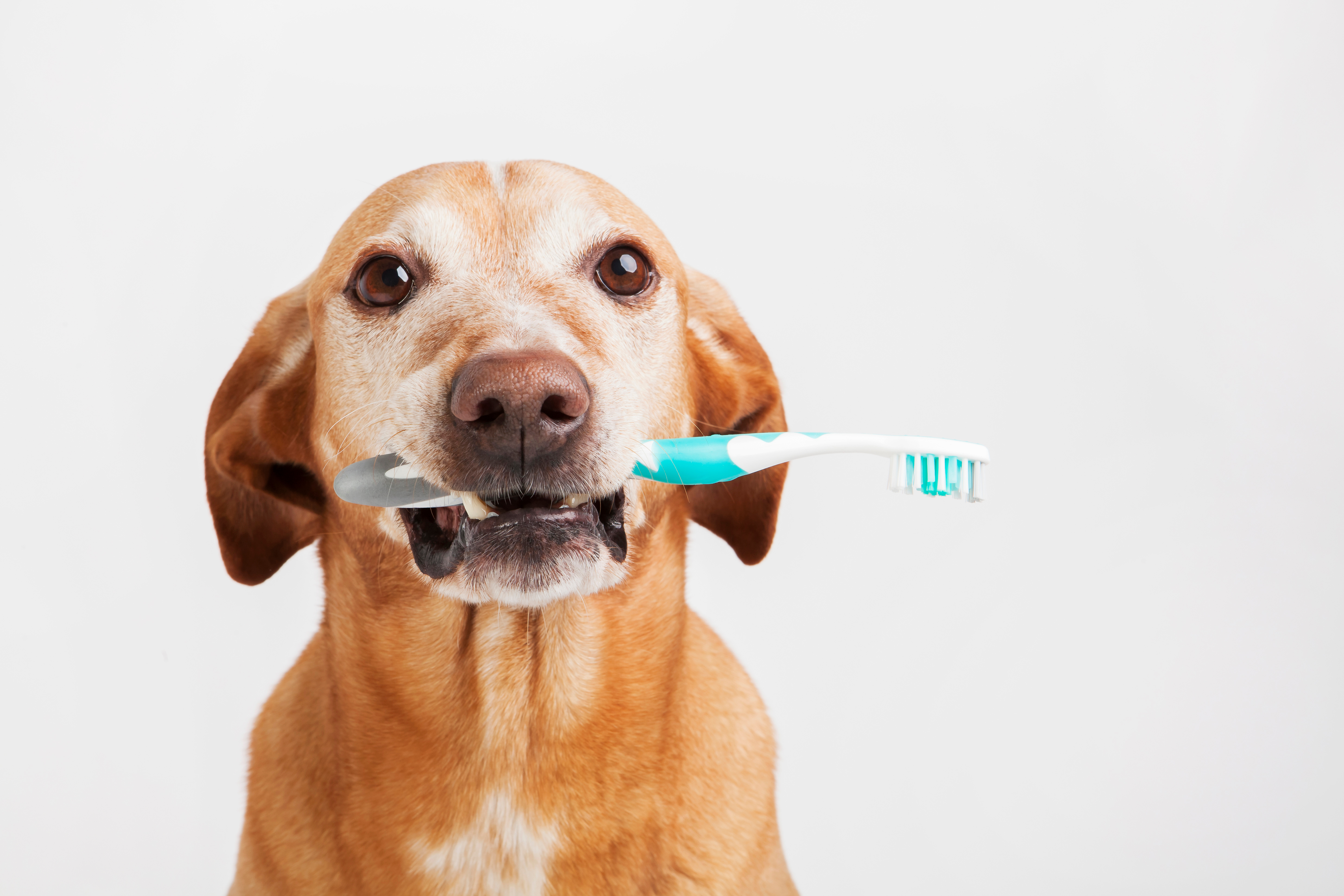Home | Frequently Asked Questions | Senior Pet Wellness FAQs
Senior Pet Wellness FAQs
Keywords:
What is a Senior Wellness Program?
Our Senior Wellness Program consists of 4 components:
Regularly scheduled office visits including complete medical and behavioral history and a thorough physical exam.
Preventative vaccination and parasite control measures.
Client education materials focusing on preventative health care through the recognition of risk factors and early intervention.
Selected diagnostic testing for the early detection of subclinical disease.
How often does my Senior pet need to be examined?
Generally speaking, healthy Young Seniors can be evaluated on an annual basis, usually in conjunction with their regularly scheduled office visit for annual vaccination. Due to their increased risk for age related problems Seniors, Super Seniors, as well as other pets with chronic or existing problems should be examined on a semi-annual basis or more often if recommended.
Other Guides

We Welcome New Patients!
We're always happy to give your furry friend care at our hospital. Get in touch today!
Contact UsDoes my Senior pet really need vaccinations and parasite control?
As with any medical treatment, there are benefits and risks associated with vaccination. The need for specific vaccinations will vary with your pet's lifestyle and risk factors. Young, active, outdoor oriented pets will have increased exposure to certain preventable diseases compared to older stay-at- home companions. You should discuss the vaccines recommended for your pet with your veterinarian at your annual wellness visit since research into this subject is ongoing. Similarly, although fecal examinations and heartworm testing may still be recommended on an annual basis, the need for other parasite control measures (fleas, ticks and intestinal worms) will vary with your pets' lifestyle. Efforts to control these potentially debilitating parasites will be tailored to the needs of your particular pet.
What can I do at home to help insure my Senior pet's continued good health?
You can play a vital role in maintaining your pet's health by observing your pet carefully for early signs of potential health problems. During wellness visits, we will provide you with a Home Health Watch Checklist which details the signs of the most common medical problems seen in our senior pets and what can be done at home to help prevent these problems. If age related problems do occur, we can work together to educate you so you can carefully monitor your pet's condition at home and be aware of when further follow-up care may be needed.
What is the reason for recommending laboratory tests for my apparently healthy senior pet? What are you looking for?
It can be very difficult for us to detect the early sub-clinical signs of age-related disease in our pets. Many treatable or preventable diseases may have no observable signs early in their course. This is why physicians often suggest routine laboratory tests during our own physical exams.
Early diagnosis is an important key in the preventative health care of pets and is possible only through routine laboratory testing of apparently "healthy" animals.
The following is a description of the most commonly suggested diagnostic screening tests together with the most frequent abnormalities discovered:
Complete Blood Count (CBC)- Blood test to evaluate the number and type of red, white, and clotting cells. Abnormal values can be associated with bacterial or viral infection, anemias, clotting diseases, and certain types of cancers.
Chemistry Profile (Chem)-Blood test to evaluate the function of many internal organs. Abnormalities can indicate systemic disorders including diabetes, kidney or liver disease, and electrolyte abnormalities.
Urinalysis (U/A)-Urine samples provide valuable information about kidney function as well as screening for infections, tumors, or bladder stones.
Cystocentesis (Cysto)- the direct removal of urine from the bladder with a needle. The safest, cleanest, easiest method of urine sampling, especially in cats.
Thyroid Level (T4)- Blood test to measure the amount of circulating thyroid hormone. Deficiency is common in dogs resulting in lethargy, weight gain, and dermatological problems. Increased levels are common in senior cats resulting in weight loss, increased appetite and thirst, and heart problems.
Radiographs/Ultrasound- Imaging studies allow visualization of many internal organs including the bladder, liver, spleen, kidney, pancreas and heart. These are especially useful in diagnosis of cardiac problems as well as abdominal growths and tumors.
Other Guides

We Welcome New Patients!
We're always happy to give your furry friend care at our hospital. Get in touch today!
Contact UsTips and Advice From Our Team
Looking for advice about caring for your pet? Our blog features helpful tips and educational material from our team to support your needs.



